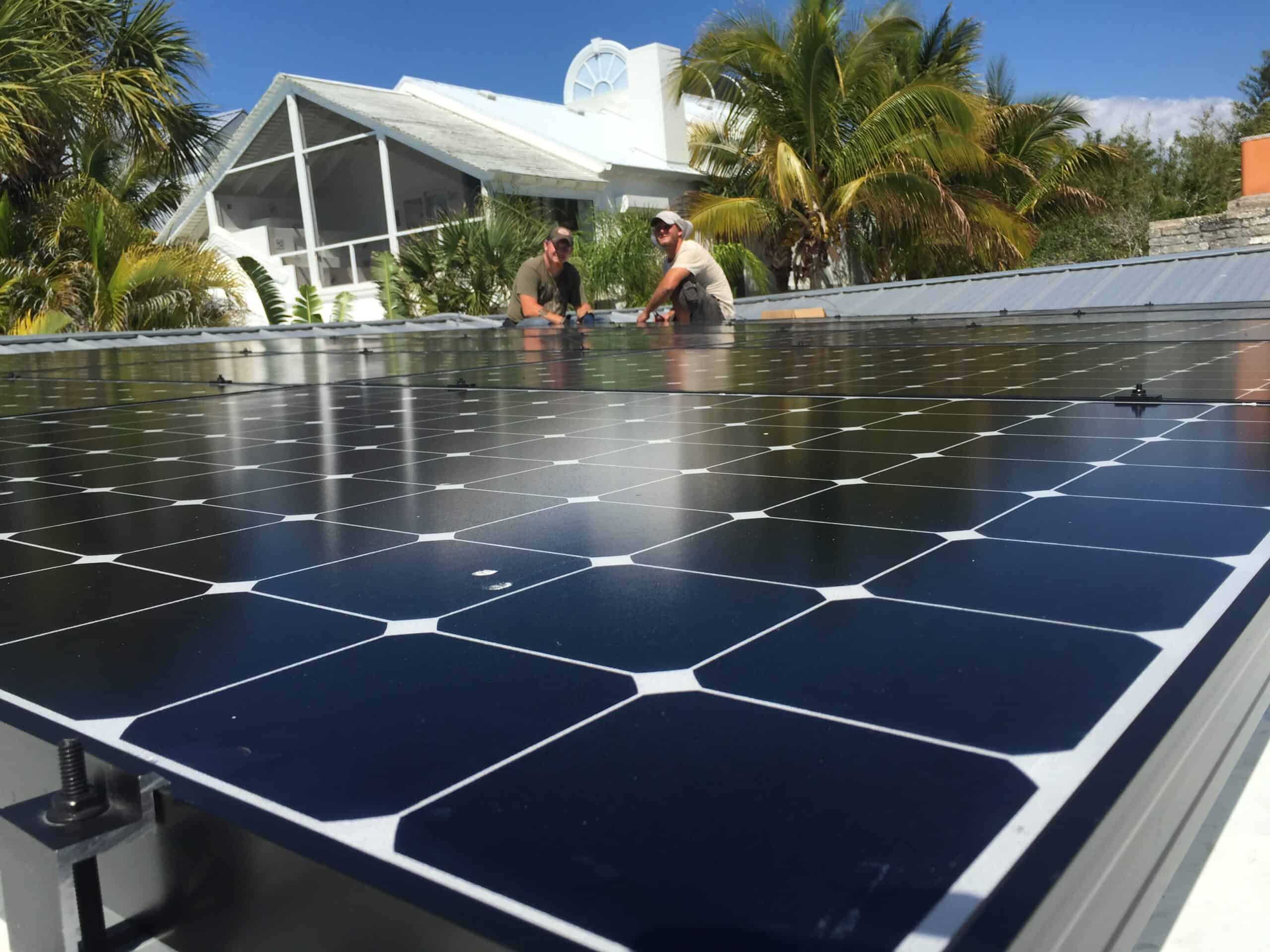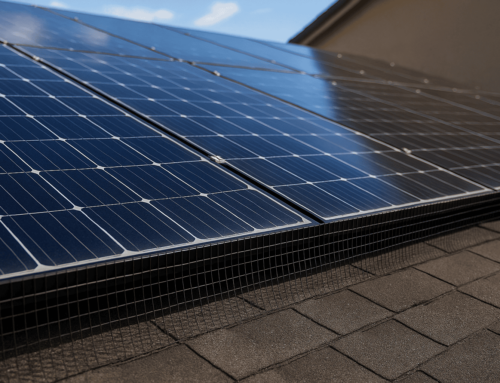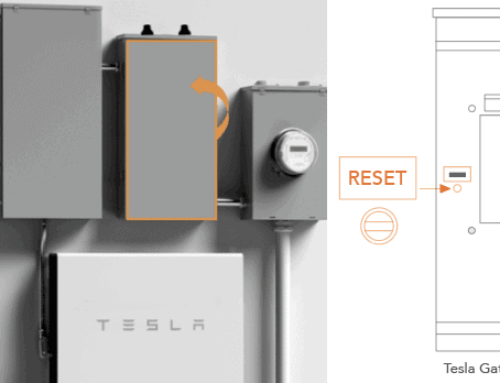Millions of Floridians encountered sticker shock recently when they opened their electricity bills. Huge increases threaten household budgets.
Duke Energy Florida residential customers who use 1,000 kilowatt-hours saw about a 13% increase in their electric bills. Tampa Electric Company (TECO) residential customer bills increased on average by 11%, according to the utility company.
And Florida Power & Light residential customers will be seeing a nearly 20% jump in rates in April.
The rising costs of natural gas, the main source for powering Florida utilities, are identified as the main reason for higher electricity costs.
“The price of natural gas has tripled since 2020 due to global and economic conditions,” an electric company executive stated regarding the company’s price hikes last December.
And those electricity bill rates are going to increase in the next few months.
In recent weeks, those same investor-owned utilities went before the Florida Public Service Commission (PSC), the agency that regulates the utilities, to seek what is called “mid-course corrections.” Those corrections are used when a utility company’s costs increase or decrease significantly within a calendar year, according to PSC documents. The companies filed to recover costs associated with increased fuel prices and hurricanes from 2022.
That means there will be rate increases for consumers, and the outlook for ratepayers is not positive.
Consumers are getting hit now, and they’re being told that they are going to get a massive hit in the coming months on their bills if the commission approves it.
Just outrageous
Looking at it in another way, TECO ratepayers will soon be paying $41 per month more on average than they did a year ago for their electricity bill, which equates to $492 more than they paid at this time last year.
Duke Energy Florida announced last week that if their requests for mid-course corrections for around $795 million in net fuel costs and approximately $442 million for storm restoration from hurricanes Ian and Nicole are approved by the PSC, it will likely result in a 20 percent increase or about $33.49 for a typical residential customer in April. Plus, Duke says commercial and industrial customers could see increases ranging from 19 to 37 percent.
This is the second year in a row that the utilities have come back before the PSC to get a mid-course correction.
Florida is not alone. The National Energy Assistance Directors Association (NEADA) noted that everyone in the country is paying higher energy bills than they did a year ago due to multiple factors. It is a period of volatility.
Last November, NEADA reported that more than 20 million families nationally—or about one in six—were behind on their utility bills.
Are There Solutions?
How do Floridians struggling with escalating housing and property insurance premiums deal with these added utility costs in their budgets?
Across the country, the utilities help out by offering energy efficiency programs such as rebates on approved lists of electrical appliances for certain heating and air conditioning systems, lighting products, or electrical appliances.
But Florida’s investor-owned utilities came up short in offering those efficiency programs compared to other major power companies nationally, according to a 2021 report from the American Council for an Energy-Efficient Economy (ACEEE), a national independent non-profit research organization.
In scoring the largest 52 electric investor-owned utilities nationally, they found that Florida’s three biggest utilities ranked among the lowest in the nation: TECO ranked 46th, Duke Florida 48th, and FPL 51st.
Because Florida utilities fail to offer relief to their customers, Florida residents must find a way to control the ever-increasing, unpredictable electricity costs. By going solar and supplying energy from their own rooftop, Florida residents can pay little or nothing to the utility company. When you purchase a solar system, you will receive an Investment Tax Credit (ITC) of 30% on your federal income taxes; you pay no sales tax on the system; you can sell back excess energy under a Net Metering agreement (NEM); you add value to your home; and more!
At Mirasol Solar, let us help you control your energy costs and reduce your reliance on utility companies.













